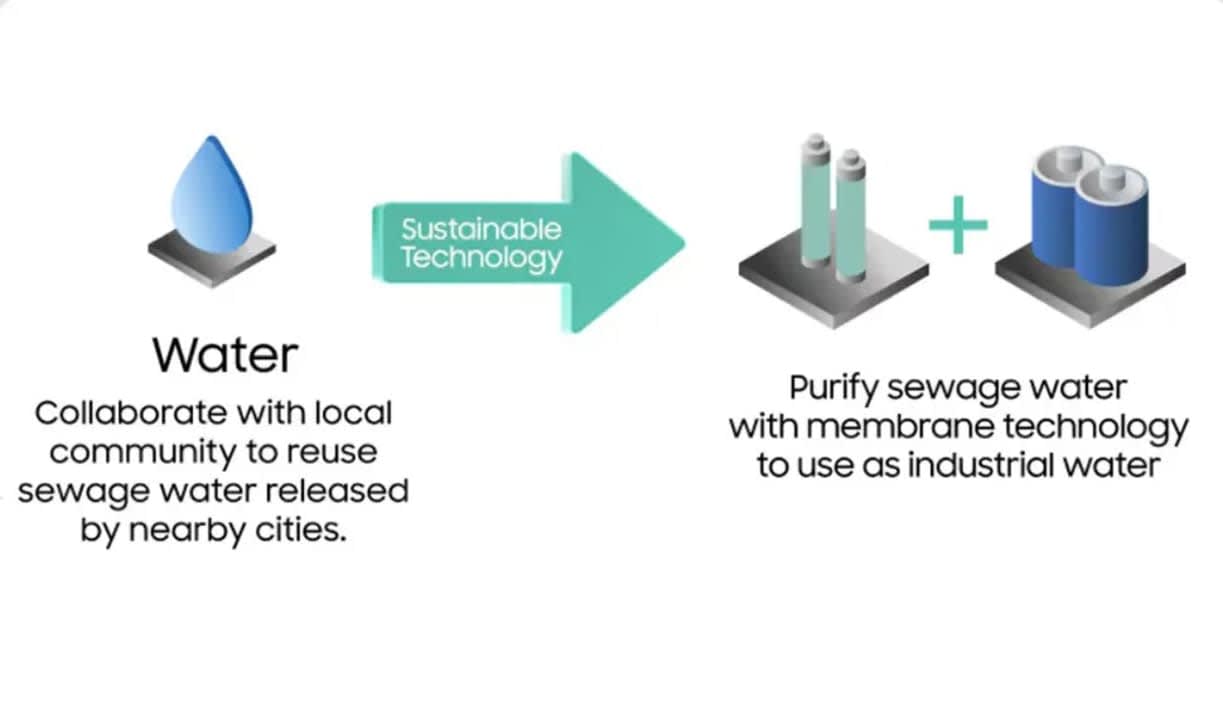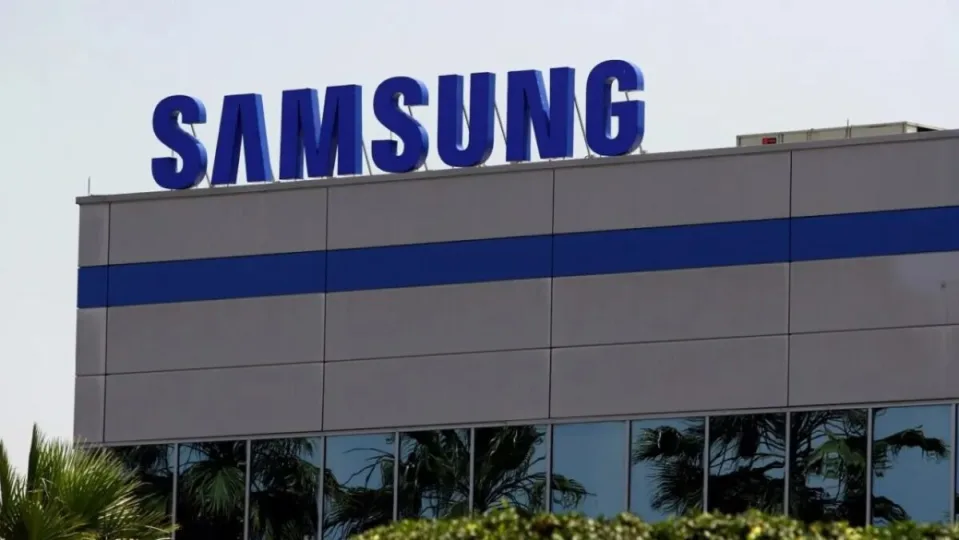The semiconductor industry is famous for its enormous water consumption, as each chip requires thousands of liters of ultrapure water for its production. Until now, this water came from rivers and reservoirs, with its enormous environmental impact.
Ultrapure water (UPW) refers to water that has been purified to remove impurities, including fine particles and microorganisms, leaving only the fundamental molecules of hydrogen and oxygen that make up H2O.
In response to the growing demand for semiconductors, amplified by the current global chip shortage, Samsung Semiconductor plans to expand its production lines. One of the consequences of this is that, by 2030, it is expected that the industrial water needed for its facilities will be more than double the current amount.
400 million liters of water per day
To address this demand, Samsung has announced its plans to use wastewater to meet its enormous water needs.
The South Korean technology giant plans to treat and use the astonishing amount of 400 million liters of wastewater daily for chip manufacturing. The wastewater will be treated and purified at the Hwaseong plant to reach a safe level for industrial use.
Even the most insignificant impurities can affect the production and quality of chips, so the water will undergo multiple stages of filtration and purification to ensure that it is completely free of any contaminants that could damage the delicate semiconductor manufacturing process.

Samsung considers this initiative an important step towards sustainable production. By using wastewater, the company greatly reduces its dependence on freshwater sources, thus contributing to water conservation efforts.
It is expected that this initiative will have a great impact on the chip manufacturing industry and that other companies will follow suit. It could set a new standard for sustainable practices in an industry that has long been scrutinized for its environmental impact.


